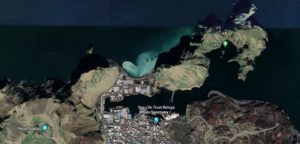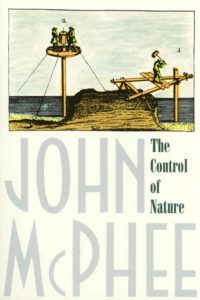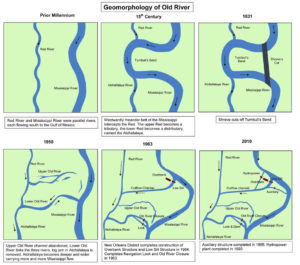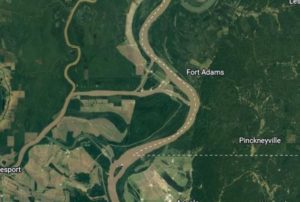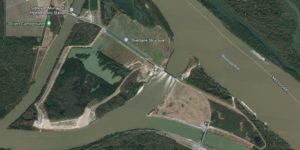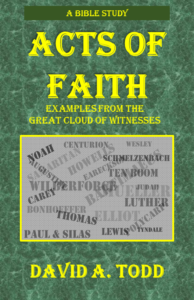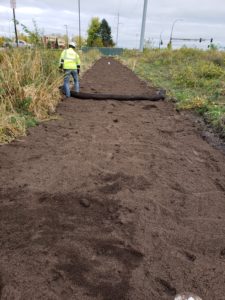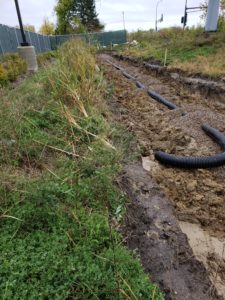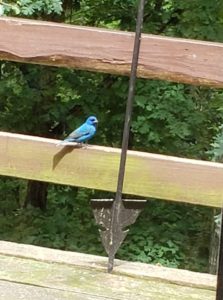The third part of John McPhee’s The Control of Nature concerned the San Gabriel Mountains east of Los Angeles. I had a difficult time identifying them on maps and aerial photographs, so this review will not be illustrated. See part 1 of this review here, and part two here.
Somewhere close to L.A., this mountain range is unusual in that it is growing, not eroding. Tectonic forces are pushing the mountains higher. Yet, the mountains are eroding in a sense in that they are sloughing off rock. In any given heavy rainfall, rocks and mud flow down from the mountains. No big deal, you say…except the growth of Los Angeles has caused subdivisions to be built up onto the mountains, right up to the point where the land gets too steep to build on. These subdivisions are what the sloughing rock and mud encounter first.
McPhee does a good job of explaining the terror that residents had when first the noise, then the detritus, hits their property. The flow goes into yards and through houses, or sometimes moves houses, and tears up and blocks streets.
To protect residences, various governmental agencies, such as regional flood control districts, have been formed to construct and maintain catchment areas upstream of the houses. I have a difficult time envisioning this. Since the rockslides could come anywhere on the mountains, and since predicting the quantity of “rock flow” would be less of a science than predicting runoff from rainfall, for this to be effective, you would need a huge catchment basin across the entire face of the mountain range. It sounds physically impossible and financially impractical.
Yet, it is being done (as of 1989, the time the book was written, that is). Sometimes the catchments are successful, sometimes not. But officials and residents labor on, doing whatever can be done to anticipate from whence the rock will come, and catching it before it hits houses—to control nature.
In this section, as in the two previous ones, McPhee tells a compelling story, but tells it too long. Too many stories. Too many names of victims and officials. Too many occasions for the reader to zone out, as I did all too frequently. The 272 page book would have been just as informative and more compelling if it had been told in 200 pages, in my engineering opinion.
Now, the big questions: a rating and a disposition. The latter is easy. This book is not a keeper. I read it in anticipation of putting it on the donation/sale stack, and there it goes after I post this. As to a rating, I think only 3-stars, and those two stars marked off because of the length. Would a non-engineer be able to read it and glean information from and be entertained by it? Yes, absolutely, maybe even more than I was. This is a book I’m quite glad I read, but could never see myself reading again.
